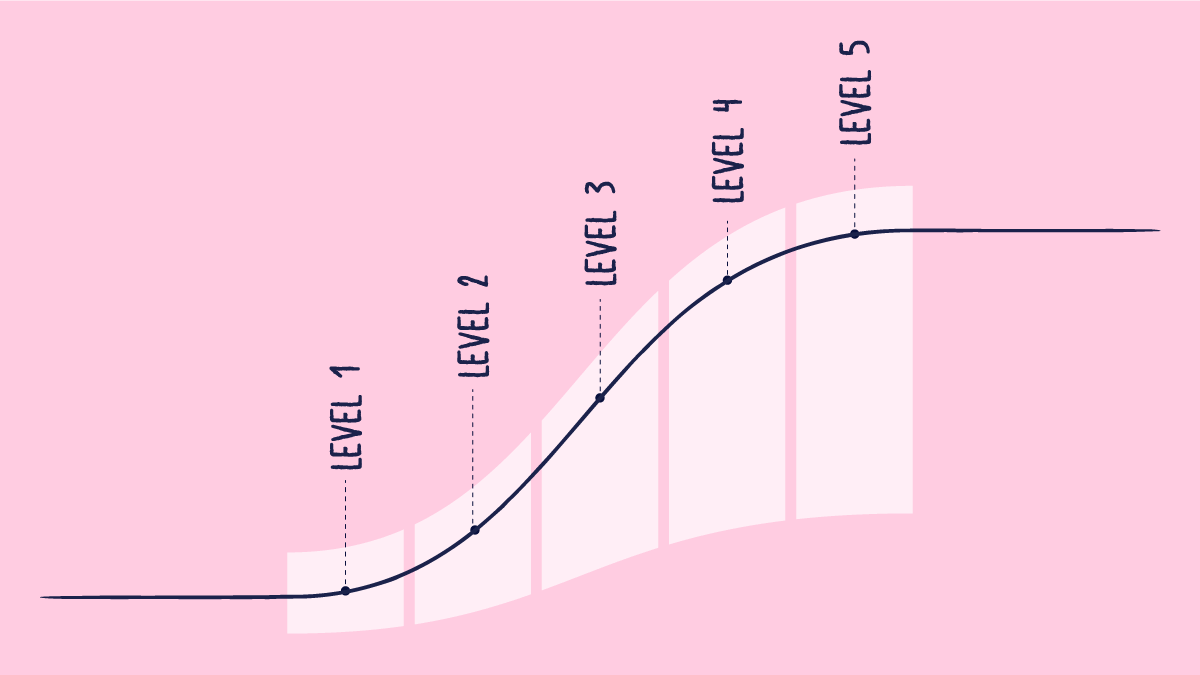510(k)
To legally market a medical device or IVD for human use in the US market, appropriate documentation must be submitted to the US regulatory authority, the FDA (Food and Drug Administration)
Depending on the device risk class, the US regulatory submission can either be a 510(k), Premarket Approval (PMA), or a De Novo request.
The type of regulatory submission you need is tied to the risk classification of your medical device:
- Class I medical devices: typically exempt from regulatory review, although some require a 510(k) or a De Novo request
- Class II medical devices: 510(k) or De Novo
- Class III medical devices: Premarket Approval (PMA)
510(k)
The 510(k) is a premarket notification required for medical devices and IVDs to be placed on the US market. It is called a 510(k) because it references section 510(k) of the Food, Drug, and Cosmetic Act, which requires medical device manufacturers to notify the FDA of their intent to market a medical device.
Contrary to popular belief, the 510(k) is not a market authorization for medical device sales. Instead, it is a collection of documents demonstrating that the medical device in question is substantially equivalent to a device already marketed in the US market in one of the three classification categories (Class I, Class II, Class III).
Who should submit a 510(k) submission?
According to Section 510(k), medical device manufacturers are required to submit a 510(k) submission when:
- Introducing a medical device to the market for the first time
- Re-introducing a device with significant changes or modifications to the market
510(k) submission is required for the following medical device manufacturers introducing a medical device to the US market:
Domestic manufacturers
Manufacturers who produce finished devices sold according to their specifications or accessories sold to the end user.
Specification developers: When a developer produces the specifications for a finished device, but the device is manufactured by a contract manufacturer or other firm or entity, the specification developer must submit the 510(k) application
Repackagers or relabelers
Repackagers or relabelers that significantly affect the device, operations, or labeling must submit a 510(k).
Foreign manufacturers
Any foreign manufacturer who produces finished devices and wants to introduce them to the US market.
The 510(k) submission
As mentioned previously, the 510(k) clearance depends on demonstrating that your medical device is substantially equivalent to a predicate device, i.e., a device already on the market.
Predicate device
A device legally marketed in the US that is used as a comparative device for medical device manufacturers wishing to place their product on the US market.
Substantially equivalent device
A device substantially equivalent to a predicate device.
Substantially equivalent devices do not need to be identical to the predicate but must share critical features with the predicate device. They should either have:
- The same intended use and the same technological characteristics; or
- The same intended use and different technological characteristics and be demonstrably as safe and effective as the predicate device
Suppose the 510(k) submission is cleared. In that case, the applicant receives a letter confirming that the device is substantially equivalent to a predicate device in the eyes of the FDA and can be legally placed on the market.
When is a 510(k) submission not required?
The following devices and manufacturers are exempt from the 510(k) requirement:
- Manufacturers of unfinished devices sold for further processing or assembly by another manufacturer. Devices sold to the end user always require a 510(k).
- Devices that are not commercially distributed, i.e., devices being developed, evaluated, or tested (for example, in clinical evaluations).
- Distributors and importers who do not perform any repackaging or labeling of devices where the manufacturer already possesses a cleared 510(k).
- Repackagers or relabelers that do not significantly change the device or its labeling.
- Devices legally commercialized before May 28th, 1976, that has yet to be significantly modified. These devices are called grandfather devices and have preamendment status.
- 21 CFR 862-892. This includes most Class I devices and some Class II devices.
Premarket approval (PMA)
Unlike the 510(k), premarket approval (PMA) is a market authorization to legally market a medical device. The PMA is the strictest regulatory submission in the FDA and is required for Class III medical devices. Class III devices are the highest risk classification in the FDA and include devices with the highest impact on the patient in case of malfunction.
Medical devices requiring a PMA often include new concepts or technologies unlike those already marketed in the US.
De Novo devices
De Novo devices are Class I or II medical devices that are unlike anything already in the market (no predicate device exists), thus denying them the option of substantial equivalence and the 510(k). The De Novo request classifies the novel medical device so the device can be legally marketed in the US.
Additional resources

How to Implement the Continuous Improvement Cycle | Scilife
Even an organization with stellar leadership and a solid core of employees experiences hiccups from time to time. Despite having assembled all the ...

How to assess and enhance your Quality Management Maturity | Scilife
As the life sciences industry becomes increasingly regulated and competitive, quality management has become more vital than ever. Are you confident ...

Best Quality Management Software (QMS) for Life Sciences | Scilife
The right electronic Quality Management System (eQMS) can help strengthen your compliance processes and build a culture of quality within your ...

How to write a good quality plan for medical devices | Scilife
In life sciences, especially if you’re in the medical device industry it becomes harder to manage projects in accordance with your company’s quality ...
Turn quality into your brightest asset with Scilife
